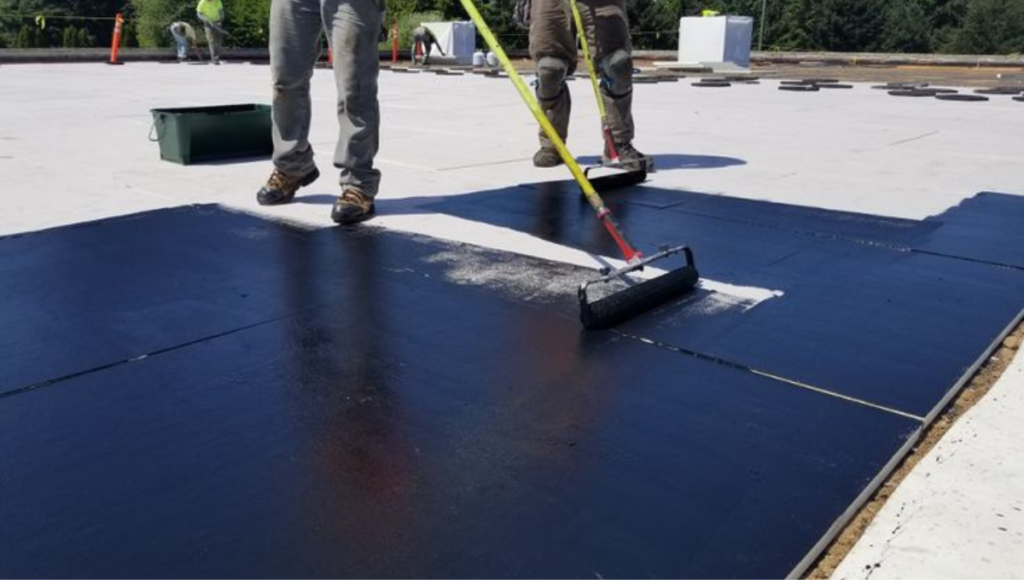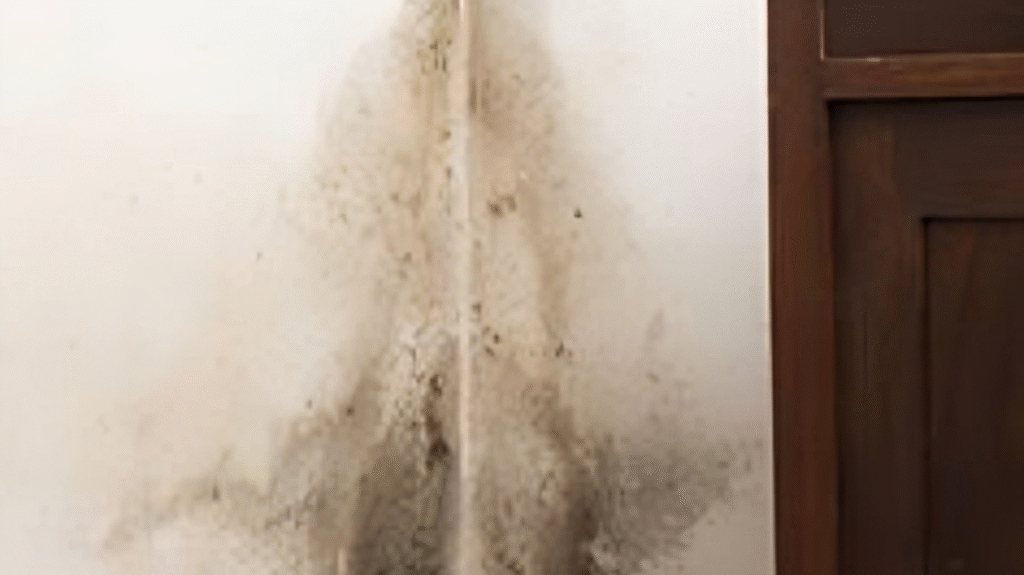Your basement can be much more than a storage area — it has the potential to become a comfortable, functional, and stylish extension of your home. Whether you dream of a cozy family lounge, a home gym, or a private office, turning that space into reality starts with choosing the right basement finishing contractors.
At Liberty General Contracting, we specialize in complete basement finishing and remodeling services across New York City, Long Island, and surrounding areas. With years of experience and a reputation for quality craftsmanship, our team transforms dull basements into beautiful, livable spaces built to last.

Why Hire Professional Basement Finishing Contractors
Your basement requires more than simple renovation it demands expertise in waterproofing, insulation, and safety standards. That’s why hiring professional basement finishing contractors is essential for a durable, comfortable, and code-compliant space.
1. Expertise in Waterproofing
Basements are naturally prone to moisture. Our experts at Liberty GC apply professional-grade waterproofing systems to prevent leaks, mold, and structural damage, ensuring a dry, healthy environment.
2. Structural and Code Compliance
We inspect your foundation, beams, and walls to ensure stability before starting. Our licensed professionals follow all New York building codes for electrical, plumbing, and ventilation keeping your home safe and compliant.
3. Energy-Efficient Solutions
From premium insulation to LED lighting and ventilation, our team ensures your finished basement is energy-efficient and comfortable all year round.
4. Custom Design for Every Lifestyle
Whether you want a guest suite, entertainment zone, or home theater, Liberty GC designs basements tailored to your needs, style, and budget.
Looking for reliable basement finishing contractors near you?
Call Liberty General Contracting today to schedule a free design consultation.
Our Basement Finishing Process
As one of New York’s top-rated basement finishing contractors, Liberty GC manages your entire project from concept to completion. Here’s what you can expect when you work with us:
1. Consultation and Inspection
We start with an in-home assessment to identify moisture issues, design opportunities, and project goals.
2. Custom Design Planning
Our designers create a detailed layout with 3D visualizations, material choices, and budget options.
3. Waterproofing and Preparation
We install moisture barriers, sump pumps, and drainage systems if needed ensuring your space stays dry.
4. Framing, Electrical, and Plumbing
Next, we handle all structural framing, electrical wiring, and plumbing work using licensed technicians.
5. Insulation, Drywall, and Painting
We use high-quality insulation for comfort and energy savings, then install drywall and apply a smooth finish.
6. Flooring and Final Touches
Finally, we add flooring, trims, lighting, and décor turning your basement into a cozy, functional living space.
Every Liberty GC basement project comes with workmanship warranties and full customer support so you can enjoy peace of mind long after completion.
Benefits of Finishing Your Basement
Hiring professional basement finishing contractors like Liberty GC offers several benefits:
- Increase Home Value: A finished basement can boost property value by up to 20%.
- Add Living Space: Create a home gym, office, or extra bedroom.
- Improve Energy Efficiency: Better insulation means lower energy bills.
- Reduce Moisture Issues: Waterproofing protects your foundation.
- Potential Rental Income: Convert it into a studio apartment or Airbnb suite.
How to Choose the Right Basement Contractor
Choosing the right basement finishing contractors ensures your project runs smoothly and lasts for years. Here’s what to look for:
1. Licensed and Insured Professionals
Always confirm credentials. Liberty GC is fully licensed, insured, and compliant with New York building regulations.
2. Proven Track Record
We proudly showcase our successful projects and satisfied homeowners throughout NYC and Long Island.
3. Transparent Pricing
No hidden costs just detailed estimates, clear contracts, and honest timelines.
4. Warranty and Customer Support
We stand by our work with warranties on labor and materials, ensuring long-term reliability.
Contact Liberty General Contracting today for a free quote and discover how our experienced team can transform your basement into your favorite room in the house.
Cost of Basement Finishing in New York
Costs vary depending on design, size, and materials. On average:
- Basic basement finish: $25–$40 per sq. ft.
- Mid-range remodel: $40–$70 per sq. ft.
- Luxury finish: $80+ per sq. ft.
At Liberty GC, we work within your budget offering flexible design plans and material options without compromising quality.
Why Homeowners Choose Liberty General Contracting
- Local Expertise: Serving New York homes for years with trusted results.
- Full-Service Solutions: From design to waterproofing and finishing all handled in-house.
- Quality Craftsmanship: Skilled professionals using top materials and latest techniques.
- Customer-First Approach: We listen, plan carefully, and deliver on time.
Our mission is simple to help you unlock your basement’s full potential and create a space your family will love.
Service Areas
Liberty General Contracting proudly provides basement finishing and remodeling services in:
New York City • Long Island • Queens • Brooklyn
Get Started Today
A finished basement is more than just an upgrade it’s an investment in your home and lifestyle.
If you’re ready to transform your space, partner with Liberty General Contracting, one of the top-rated basement finishing contractors in New York.
📞 Call us today or visit LibertyGCNY.com to schedule your free consultation.
Let our experts bring your dream basement to life — safely, beautifully, and on budget.
Contact Liberty GCNY
Website: www.libertygcny.com
Phone: (347) 682-9840
Serving: Manhattan, Brooklyn, Queens, The Bronx, Westchester County, and Long Island.
Address:110-14 178th St, Jamaica, NY
Need Help with Your Next Project? Call Liberty GCNY Today!
Fast responses. Expert advice. Trusted service across NYC and beyond.


